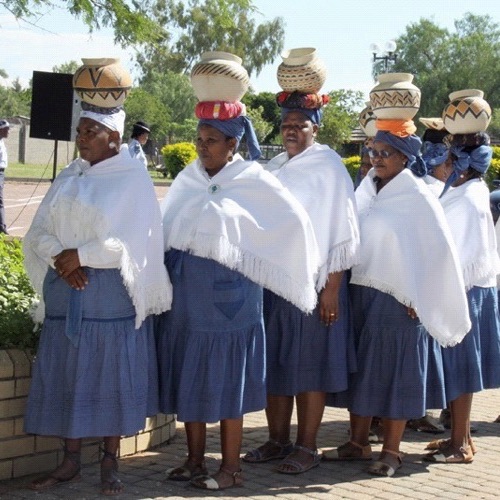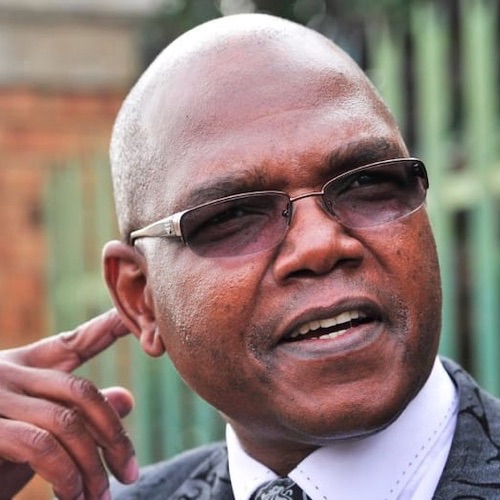Tswana clan names refer to the different family or lineage groups that exist within the Tswana people of Southern Africa. These clans are a fundamental part of Tswana culture and identity, as they help to define a person’s social status, ancestry, and heritage.
The principal Tswana clan names include; Bafokeng, Bakwena, Balete, Bangwato, BaNgwaketse, Barolong, Bataung, Batlhaping, Batlôkwa and Moloi. These are some pretty cool clan names.

The Tswana Nation
The eight primary tribes/clans in the nation speak Tswana, which is also known as Setswana. All of these groups have a traditional leader called a Kgosikgolo, who is allowed to participate in the Ntlo ya Dikgosi (a group that advises Parliament).
Each Tswana clan is named after a specific animal, plant, or natural feature, and members of the clan are believed to share certain traits or characteristics with that particular entity.
For example, the Batlhaping clan is named after the wildebeest and is associated with perseverance and resilience. While the Bakwena clan is named after the crocodile and is associated with power and strength.
Tswana clan names also serve practical purposes within the community. They help to establish family relationships and genealogy, and they can also be used to settle disputes or conflicts between different groups. Moreover, clan names are often used as a form of greeting or introduction, helping to establish common ground and shared identity between individuals.
In addition to clan names, Tswana people also have a system of praise names or ‘Dithoko’. These are used to refer to individuals and their accomplishments. These praise names are often based on personal attributes, achievements, or notable events in a person’s life.
They serve as a form of recognition and respect, and can also help to establish a person’s social status and reputation within the community.
Overall, Tswana clan names and praise names are significant aspects of the cultural heritage and social identity of the Tswana people. They continue to play a vital role in shaping the lives and experiences of Tswana communities today.



